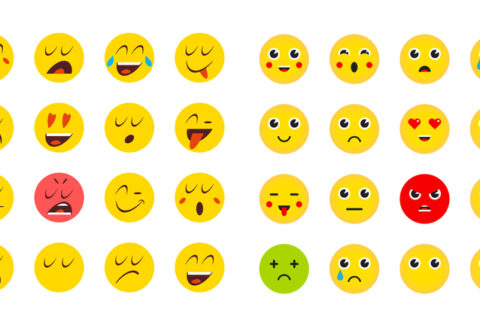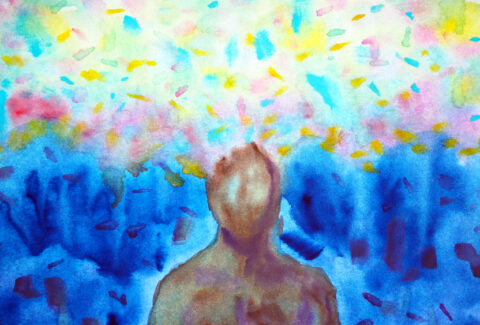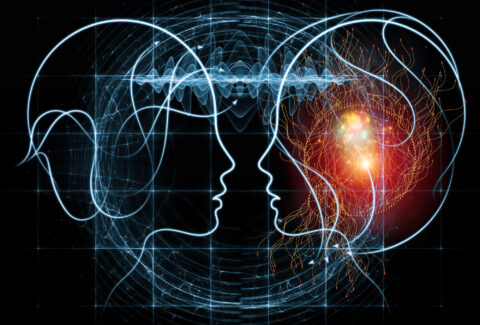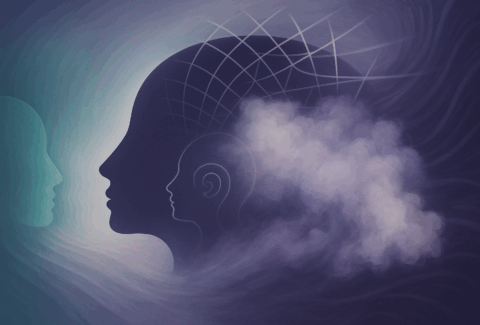The Black Complex of Insecurity: A Psychoanalytic Understanding of the Legacy of Slavery, Racism, and Internalized Racism
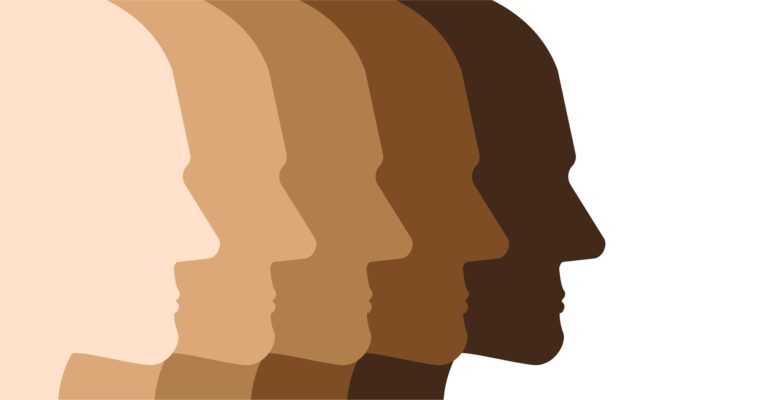
The Black Complex of Insecurity: A Psychoanalytic Understanding of the Legacy of Slavery, Racism, and Internalized Racism
Introduction
The complex of insecurity experienced by many Black individuals in America is deeply rooted in the historical traumas[1] of slavery and ongoing systemic racism. This psychological phenomenon can be understood through a psychoanalytic lens, which reveals how internalized racism and societal devaluation contribute to feelings of inadequacy and self-doubt.[2] Understanding this complex not only sheds light on individual experiences but also highlights the need for collective healing and empowerment within Black communities.
Historical Context
The legacy of slavery[3] in the United States created a foundational framework of racial oppression that continues to impact the psychological well-being of Black individuals. Enslavement stripped individuals of their autonomy, dignity, and identity, leading to a profound sense of insecurity that persists across generations. As sociologist W.E.B. Du Bois articulated, the concept of “double consciousness[4]” reflects the internal conflict experienced by Black Americans, navigating a world that devalues their existence while striving for self-identity.
Internalized Racism
Internalized racism[5], the process through which individuals adopt negative societal beliefs about their racial or ethnic group, exacerbates feelings of insecurity. According to psychologist Janice P. Miranda, this phenomenon manifests in self-doubt and low self-esteem, impacting mental health and interpersonal relationships. Internalized racism creates a cycle where societal discrimination is internalized, leading to a fragmented sense of self. This fragmentation complicates the formation of a cohesive identity, resulting in what psychoanalyst Frantz Fanon described as “the Black man and language,” highlighting the struggle to assert oneself in a world that imposes a foreign identity.[6]
The Role of Systemic Racism
Systemic racism[7] perpetuates a sense of inferiority among Black individuals, reinforcing the belief that they are less capable or deserving of success. Studies show that experiences of discrimination can lead to increased anxiety and depression, with long-term effects on mental health. This systemic devaluation is not just an individual experience; it is a collective trauma that affects entire communities. Psychoanalyst Judith Herman emphasizes the importance of understanding trauma within a social context, where the collective experiences of violence and oppression shape individual psyches.[8]
Psychoanalytic Perspectives
From a psychoanalytic perspective, the Black complex of insecurity can be seen as a defense mechanism against the pervasive trauma of racism. The defense mechanisms of projection[9] and identification often emerge, where individuals project their insecurities onto others or identify with the dominant culture in an attempt to gain acceptance. This internal conflict can lead to a cycle of self-sabotage, where individuals struggle to assert their identity and worth.
Resilience and Healing
Despite the challenges posed by the Black complex of insecurity, resilience within the Black community remains a vital force. Cultural practices, community support, and affirmations of identity play crucial roles in countering feelings of inadequacy. Psychoanalysts emphasize the importance of creating safe spaces for dialogue and healing, where individuals can confront their insecurities and reclaim their narratives (Benjamin, 1995). Initiatives that promote mental health awareness and culturally competent care are essential for fostering resilience and empowering individuals to break free from the constraints of insecurity.
Conclusion
The Black complex of insecurity is a multifaceted phenomenon rooted in the historical legacy of slavery, systemic racism, and internalized racism. A psychoanalytic understanding reveals the profound psychological impacts of these experiences, highlighting the need for collective healing and empowerment. As we navigate the complexities of race and identity, it is crucial to create supportive environments that nurture resilience and affirm the inherent worth of Black individuals. By addressing these issues through a psychoanalytic lens, we can foster a deeper understanding of the challenges faced by Black Americans and work towards a more equitable society.
[1] Williams-Washington, Kristin N. “Historical trauma.” Handbook of African American health (2010): 31-50.
[2] Thompson, Vetta L. Sanders. “Fragmented identity: Psychological insecurity and colorism among African Americans.” Color Matters. Routledge, 2013. 139-157.
[3] Supremacy, White. “The Long-Lasting Legacy of Slavery.” Socio-Economic Crises in Black and Brown Communities in the United States: 79.
[4] Bruce, Dickson D. “WEB Du Bois and the idea of double consciousness.” American Literature 64.2 (1992): 299-309.
[5] David, EJ Ramos, Tiera M. Schroeder, and Jessicaanne Fernandez. “Internalized racism: A systematic review of the psychological literature on racism’s most insidious consequence.” Journal of Social Issues 75.4 (2019): 1057-1086.
[6] Fanon, Frantz. “The black man and language.” Black Skin, White Masks (2008): 1-23.
[7] Banaji, Mahzarin R., Susan T. Fiske, and Douglas S. Massey. “Systemic racism: individuals and interactions, institutions and society.” Cognitive research: principles and implications 6.1 (2021): 82.
[8] Suleiman, Susan Rubin. “Judith Herman and contemporary trauma theory.” WSQ: Women’s Studies Quarterly 36.1 (2008): 276-281.
[9] Holmes, David S. “Projection as a defense mechanism.” Psychological bulletin 85.4 (1978): 677.

